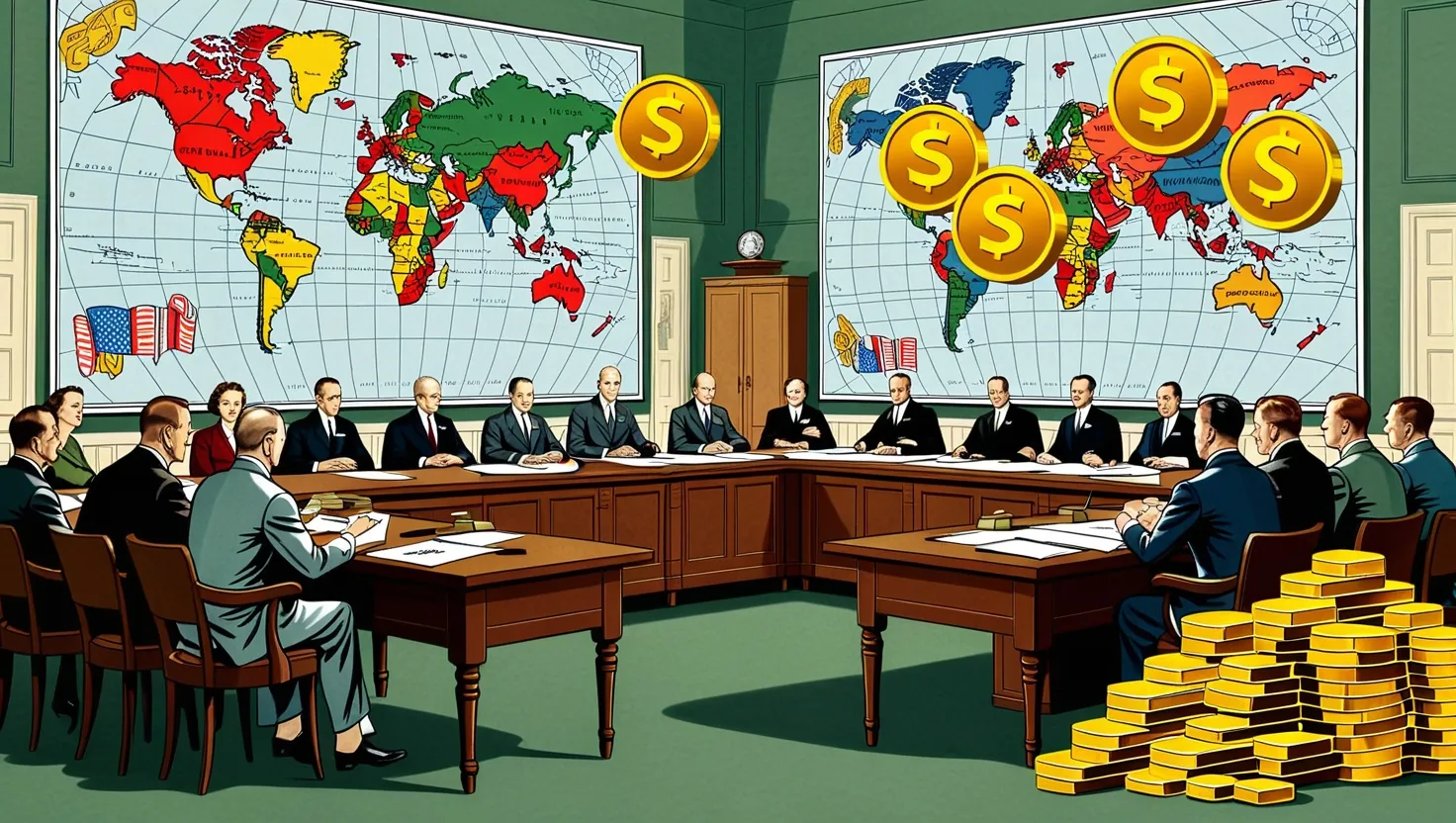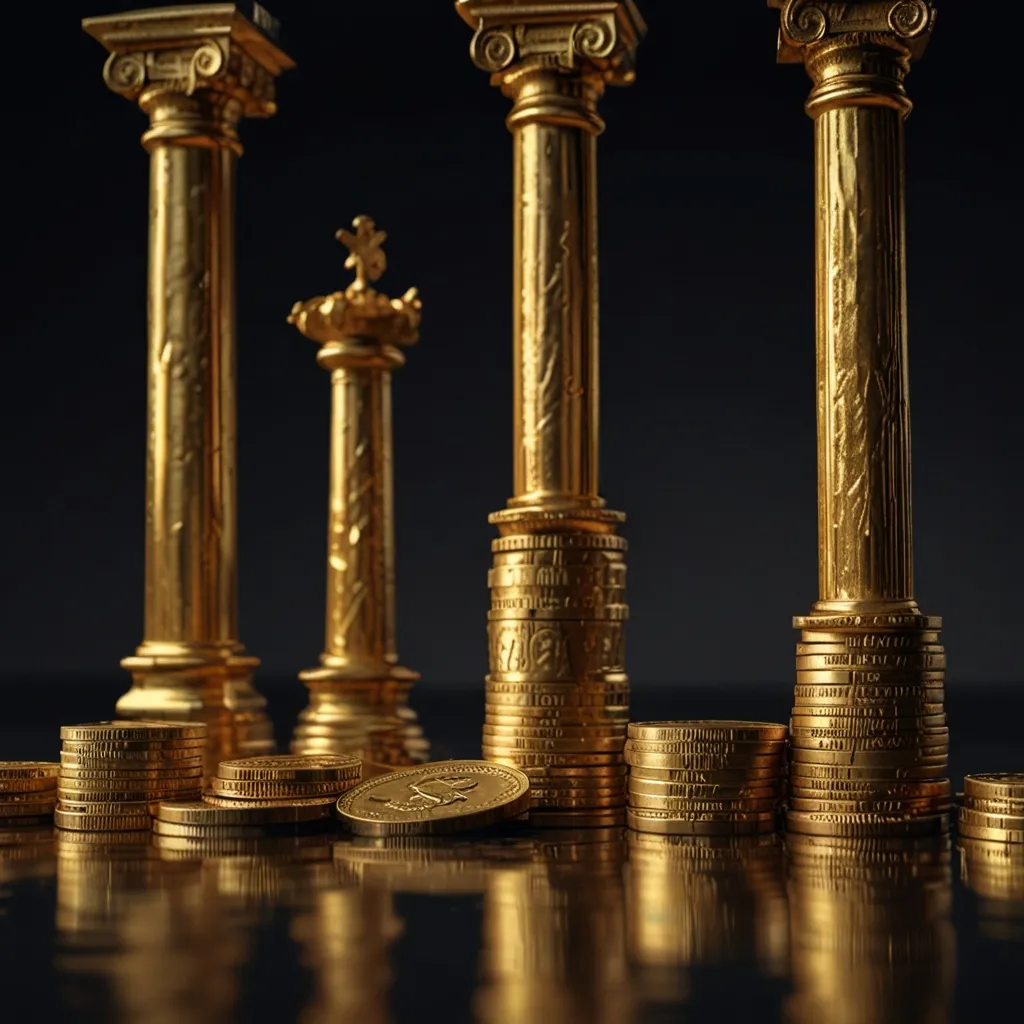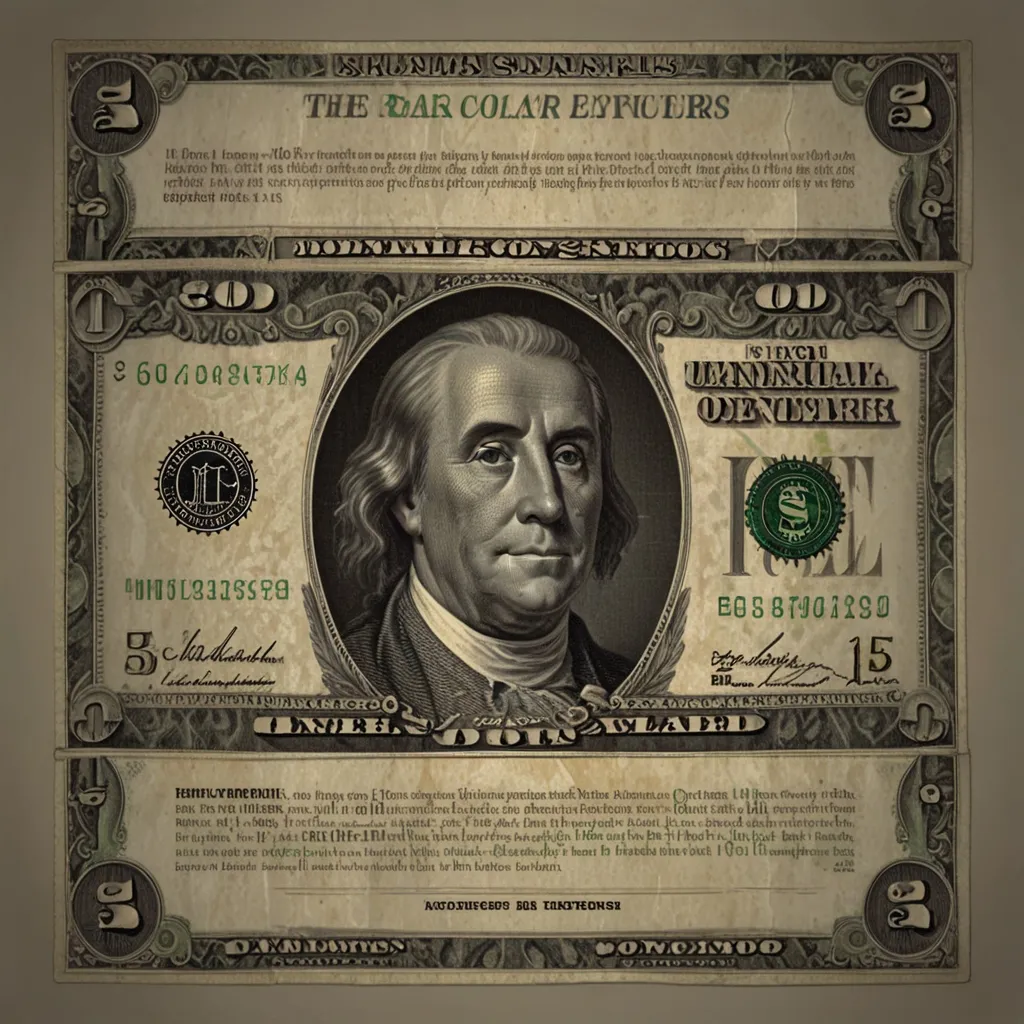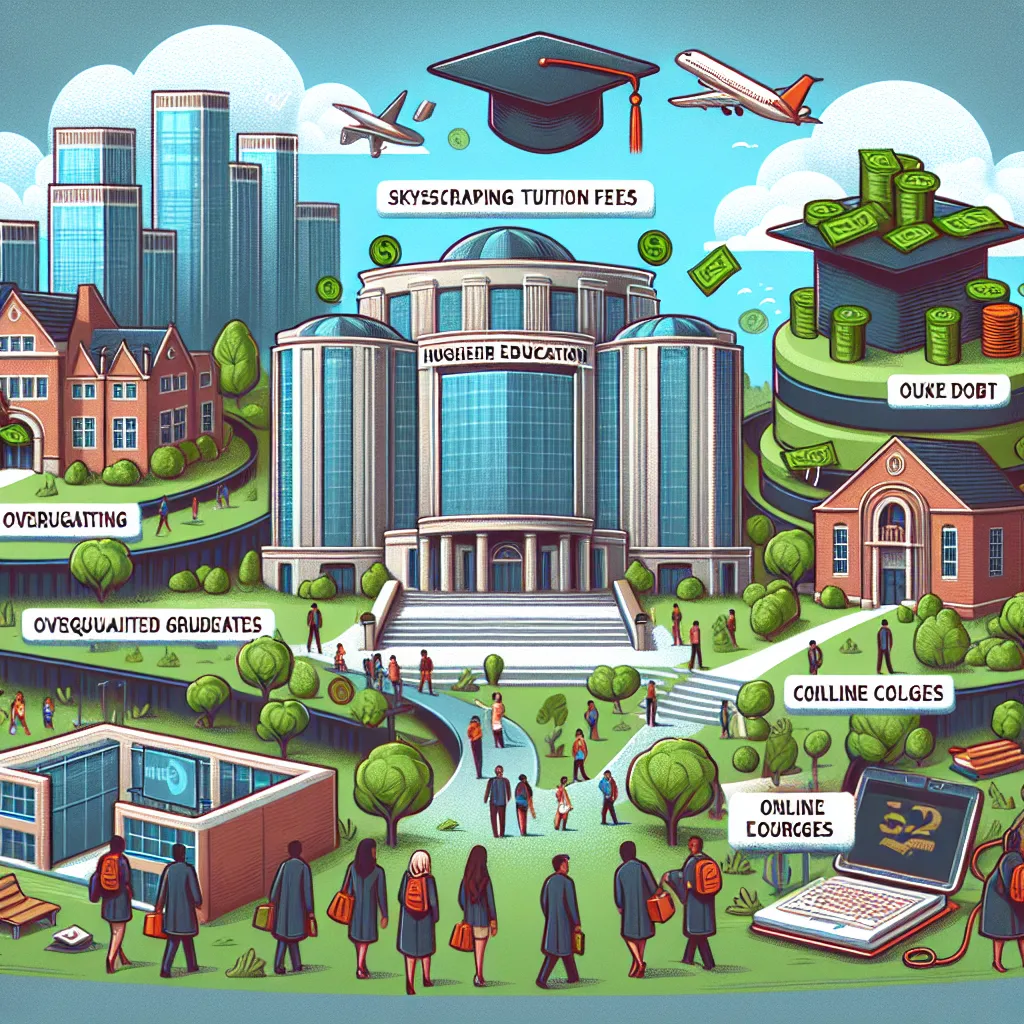Life’s little (and not-so-little) surprises have a funny way of showing up when you least expect them. Whether it’s a job loss, an unexpected medical bill, or a major car repair, these financial curveballs can throw your whole budget out of whack. But fear not; there’s a way to tackle these surprises head-on, and that’s by building yourself a sturdy financial cushion, commonly known as an emergency fund.
Why an Emergency Fund Matters
An emergency fund is essentially a stash of cash you set aside for those unplanned expenses or financial emergencies. Think of it as your personal safety net, there to catch you if you stumble financially. For instance, if your car suddenly needs $1,000 worth of repairs, an emergency fund can help you cover it without diving into debt or breaking a sweat.
Common Surprise Expenses That Catch Us Off Guard
Life throws all sorts of unexpected expenses our way. Car repairs, home repairs, medical bills, and even temporary loss of income are just a few examples. It’s the kind of stuff that can really put a dent in your wallet if you’re not prepared. A recent survey showed that around 68% of adults could handle a sudden $400 expense with cash or savings, but the rest would struggle, often resorting to borrowing or worse.
Health-Care Expenses: The Curveball No One Wants
Medical bills are particularly sneaky. Out-of-pocket healthcare spending can be a significant burden if you don’t have a financial cushion. Many people face unexpected medical expenses between $1,000 and $1,999, which can quickly strain your finances. And let’s face it; sometimes people avoid medical care altogether just because they can’t afford it. That’s why having an emergency fund is so crucial—it gives you the flexibility to handle these unexpected costs without sacrificing your well-being.
How Much Should You Stash Away?
The million-dollar question: How big should your emergency fund be? Well, it depends. Experts usually suggest saving three to six months’ worth of expenses. Let’s say your monthly bills total $2,000; you’d want to aim for a fund between $6,000 and $12,000. However, this isn’t a one-size-fits-all situation. Factors like job stability, debt, and monthly expenses can make a difference.
Personalized Savings Goals: Crunching the Numbers
To figure out your own magic number, you need to consider your income, debt, and monthly obligations. If your income is stable and predictable, you might not need as large a cushion. But if you’re self-employed or have variable income, you might want to save more. Also, if you have hefty debt like student loans or credit cards, you’ll want to factor those into your savings goal. The idea is to cover your non-negotiables like housing, utilities, and food for a few months in case things go sideways.
The Best Spot for Your Emergency Fund
Where you park your emergency fund is key. You want it somewhere safe, accessible, and free from temptation. A dedicated savings account at a bank or credit union is usually a solid choice. You might also consider a prepaid card or even some cash on hand, although cash can be risky since it can get stolen or lost.
How to Kickstart Your Emergency Fund
Starting from scratch can feel overwhelming, but building an emergency fund is simpler than you think. Here are some practical steps to ease into it:
- Set Aside a Bit Each Paycheck: Consistency is key. Regularly putting away even small amounts can make a significant impact over time.
- Open a Separate Savings Account: Keeping your emergency fund separate from your regular savings can help you avoid the temptation to dip into it for everyday expenses.
- Automate Your Savings: Set up automatic transfers from your checking account to your emergency savings. Out of sight, out of mind!
- Keep an Eye on Your Plans: Regular reviews and adjustments can keep you on track. Anticipate upcoming expenses like a pro, and you’ll find it easier to deal with them when they arise.
Mastering Your Cash Flow
Keeping tabs on your cash flow is essential for both building and maintaining your emergency fund. Adding a miscellaneous category to your budget can help you account for unexpected expenses. Even small contributions can accumulate and serve as a buffer in times of need. Plus, trimming unnecessary expenses can free up more money for your fund.
Dodging Debt and Reducing Stress
A sudden financial hiccup can set you back significantly if you’re not prepared. Many people turn to credit cards or loans in a crisis, which can snowball into unmanageable debt. Having an emergency fund lets you sidestep this trap, reducing both your financial stress and the risk of high-interest debt. Let’s say you get hit with an uncovered medical bill; paying for it with your emergency fund instead of a credit card could save you a fortune in interest and fees.
Inflation, Economy, and Savings: The Balancing Act
Rising costs and economic conditions can impact your savings efforts. Inflation, for example, might make it harder to set aside money. However, higher interest rates can mean better returns on your savings, helping you build your emergency fund faster.
How Demographics Influence Savings
Different groups of people approach emergency savings differently. Men, older individuals, and higher-income households often have more robust emergency funds. Baby boomers, for instance, are more likely to use their savings in a pinch compared to younger folks. Additionally, those with a college degree are typically better prepared than those with just a high school diploma.
Maintaining Stellar Credit
A good credit score can be your secret weapon in a crisis. It can help you qualify for loans with favorable terms if you ever need a financial lifeline. Keeping your credit in top shape ensures you have options when push comes to shove.
Bringing It All Together
So, building an emergency fund is more than just a good idea—it’s a essential move for securing your financial stability. By understanding why it’s important, figuring out how much you need, and taking actionable steps to build it, you’re setting yourself up for peace of mind. Remember, even small, consistent efforts can add up to something significant. Start today, and you’ll be better prepared for whatever life decides to throw your way. Trust me, your future self will thank you.






